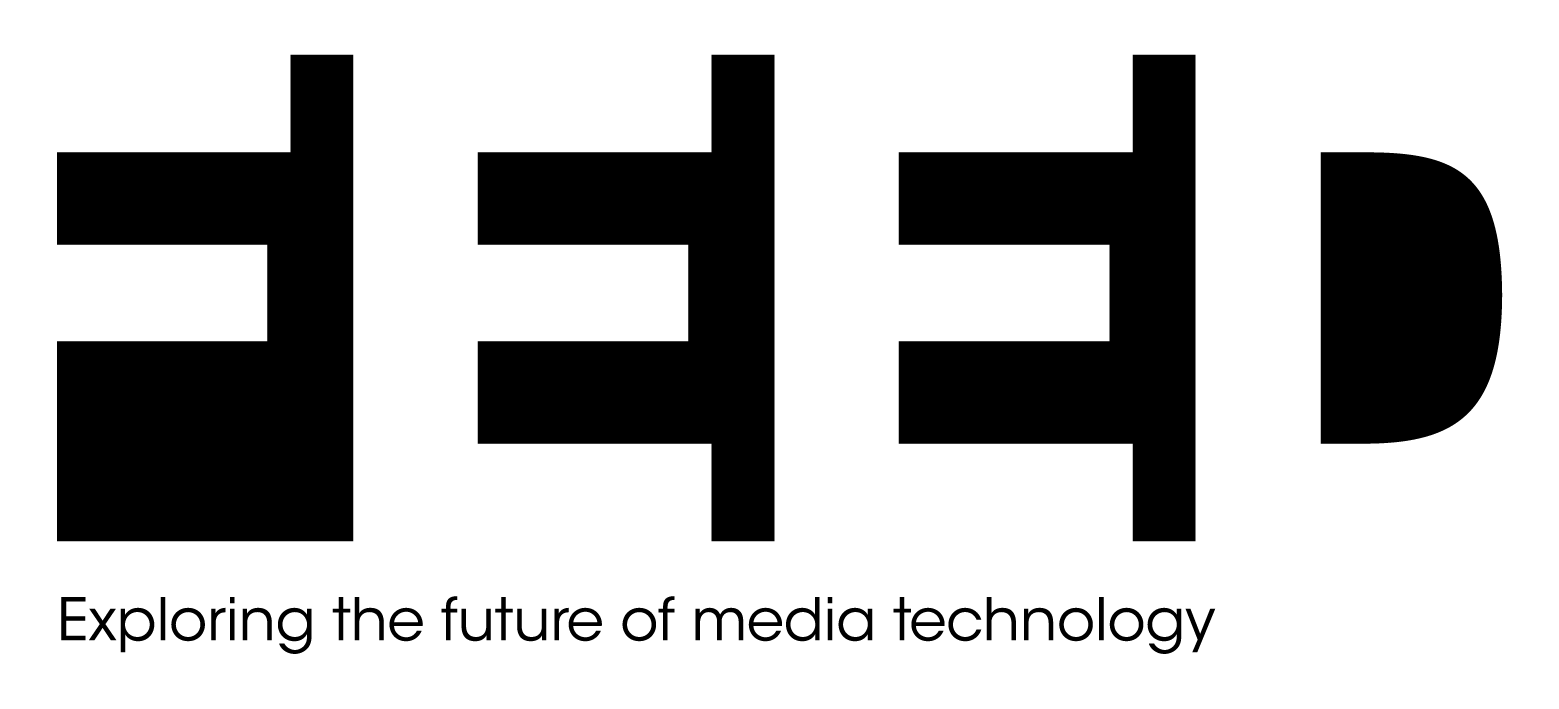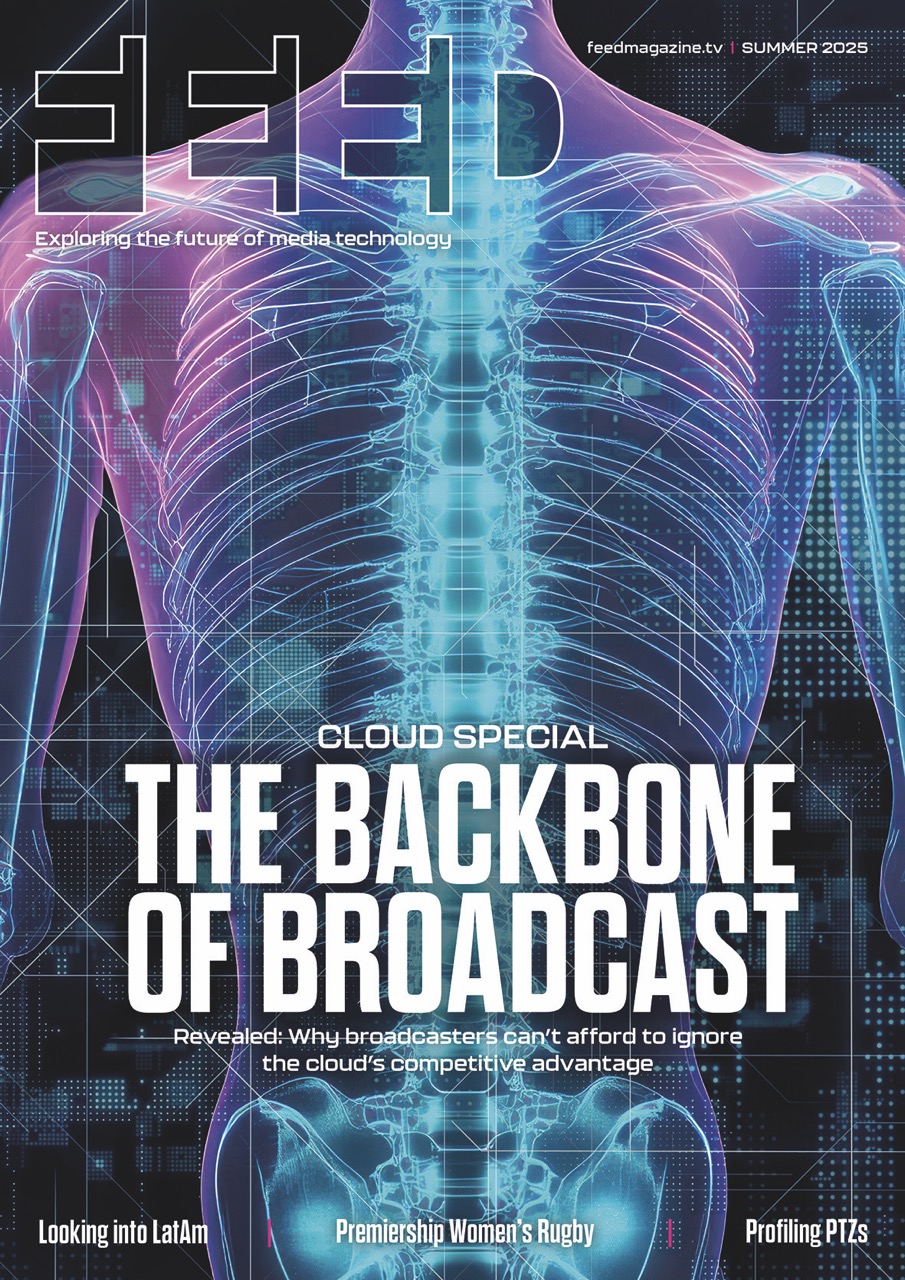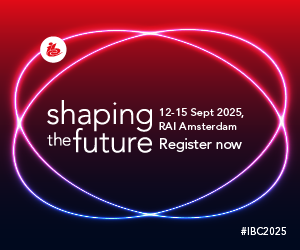Genius Interview: Max Boykoff

Posted on Jan 6, 2022 by FEED Staff
Dr Max Boykoff is a contributor to the Sixth Assessment Report of the Intergovernmental Panel on Climate Change (IPCC). He specialises in global communication about the environmental crisis and the effectiveness of the media in educating and safeguarding citizens. We spoke to him, as the crucial COP26 talks were taking place in Glasgow
FEED: What is your position at the University of Colorado Boulder?
MAX BOYKOFF: I have several hats. I’m a professor, teaching in environmental studies, and also our department chair. I’m also a fellow at the Cooperative Institute for Research in Environmental Sciences (CIRES), which is a collaboration between the University of Colorado and National Oceanic and Atmospheric Administration (NOAA). I’ve been here 12 years. Before that, I had a postdoc research fellowship, that became a fixed-term lectureship at University of Oxford, for the Environmental Change Institute in the School of Geography and Environment.
FEED: How did you get started researching environmental issues?
MAX BOYKOFF: After my undergraduate degree at Ohio State University, I was in the US Peace Corps in Honduras, working in agriculture. I hadn’t travelled much at that point in my life, and was eager to get out of the country and experience something new. I was there in 1998, when category 5 Hurricane Mitch came on land and devastated the region. The place I was living was hit very hard, and that got me asking questions. Not only about what happened, but why it happened? Why were some places impacted more than others, based on land use practices?
I was in a rural place with just one telephone in town. Or, you could send a telegram.We were cut off from everything for a week before getting out – we had to rebuild a road back to the Pan-American Highway. Later, when I compared the media coverage to my own first-hand experiences, it got me thinking about media representational practices. That led me into studying communication about climate change – and how the media covers environmental issues.
Why were some places impacted more than others based on land-use practices
FEED: Tell us about the research you have been doing?
MAX BOYKOFF: We have a media and climate change observatory at the University of Colorado Boulder, tracking 130 or so sources inTV, radio and newspapers around the world, covering 59 countries, in 13 languages. I originally started the work with colleagues at University of Oxford, then brought it with me to Colorado. It’s expanded a lot and now involves collaborators in ten institutions, working incredibly hard to update our research every month.
We started tracking in January 2000, for reasons of data availability. But climate change began to be part of a sustained media conversation in 1988, with Professor James Hansen’s speech to the US Congress.You can also point to Margaret Thatcher in the UK, with her efforts to break up the oil industry and an influential 1988 speech she gave to the Royal Society in London. Coverage of the environment and climate is at historic levels right now. In 2009, there was a spike around the Copenhagen climate talks (COP 15) which took place right after the University of East Anglia ‘Climategate’ scandal. But we’re at a point now where media are paying more attention to climate change than ever before.
FEED: How do you analyse the quality and accuracy of the media and news coverage around the environment?
MAX BOYKOFF: We do a lot of content analysis that can be time-intensive, where we look at word associations and the tone and language used. From that, we develop codebooks, and a team of coders – often including me – read through a sample of the larger populations to assess a specific question. In one recent paper, we examined how accurately media cover human contributions to climate change.
Our top-level finding is that accuracy in news has improved, which is good. But when you look across sources, some are better than others. Our 2021 analysis of newspaper coverage generated a little consternation from a journalist at the Daily Mail (it performed poorly in accuracy ratings).They wanted to see our data set, so we shared it with them.

We got similar interest from an individual at The New York Times, who were kind of in the middle of the pack. They wanted to learn more about how they could improve. They published an article, for example, that had placed some Rush Limbaugh and Donald Trump comments in context. While they aimed to put forward a factually accurate story, we just asked the question: was that enough? Should those misleading statements receive any media attention at all? Given the stature of Limbaugh when he was alive and the bully pulpit of Trump at that time, they possibly do. But these are challenges that journalists face all the time.
FEED: Are you looking at how manipulation or disinformation might be happening in some sources?
MAX BOYKOFF: Absolutely. That’s where that time-consuming, manual analysis is important. And we can expand beyond the news reporting and look at advertising and placement.That’s something the US journalist Andrew Revkin brought up recently – how certain articles and opinion pieces in really influential outlets also happen to have carbon-based industry advertising right next to them, some of which looks like a news article.
Manual analysis is important
We’re thinking critically about how those advertisements are muddling conversations, quite deliberately.There were hearings in the US in October, where the House Oversight Committee brought in oil giants, plus the American Petroleum Institute, to talk about the things they were doing that misinform, in a more benign way, or disinform, in a more malignant sense. So, language matters a ton.

FEED: What have you observed about how the language around the environment changes over time?
MAX BOYKOFF: We’ve just finished a project with Babbel, the languages website.We assessed US and UK print sources, with terms such as climate change, global warming, greenhouse effect, emergency, crisis, heating, breakdown and catastrophe.We then looked visually at the ebbs and flows of these terms over time.We could see “greenhouse effect” being invoked quite a lot at the beginning and fading away, with “crisis” appearing in more recent years.
I’m glad this work has so much traction – people find it interesting. And we offer this as open-source datasets for people to use for research.
FEED: What about looking at newer digital media and social media?
MB: A lot of researchers are working on aspects of this. I’ve engaged in a little bit regarding social media, but it’s hard because people don’t have to use real names, or often they don’t have geolocation tags, so you don’t know where they’re tweeting from.
The democratisation of content production can be seen as a good development, which has changed in recent decades. But there’s also that dystopian element of social media, which is fake news and echo chambers, and all kinds of algorithms that have fed into polarisation.
FEED: Do you use AI or additional digital tools in your analyses?
MAX BOYKOFF: We do some of that. We’ve been working on a project using topic modelling, and that can help with larger datasets, but there are limits to some of that work. Manual coding helps you really get into the subtleties. And we have a practice of using two or more independent coders, because when you see discrepancies, you can talk about them and how their interpretations are different. There’s definitely a lot of software out there. I personally use NVivo, which is a way to get at word frequency considerations and associations.
FEED: What are some of the new ways media outlets can approach creating content around climate change?
MAX BOYKOFF: In television, imagery plays such an important and powerful role. I wrote a book a few years ago called Creative (Climate) Communications. More and more, I’ve been experimenting, and studying how entertainment media – and other creative forms of communication – can help spark and sustain conversations that will lead to greater action on climate and environment. We’ve even been experimenting with comedy. I partnered with Beth Osnes, who is a professor of theatre at our university. She had done a lot of work on performance and the history of comedy. We partnered up to think about how to approach climate change, and reach audiences who otherwise wouldn’t engage with a dry peer review paper, or even a media account.
We've been experimenting with comedy as a vehicle for communication and engagement
We worked with our students to create content, then analysed that content. As time went on, we started an international short video competition about comedy and climate change through a project called Inside the Greenhouse. It’s been interesting to get submissions from around the world, to see different cultural interpretations. In the pandemic, we collaborated with underemployed comedians. We turned our classrooms into little breakout writers’ rooms with these people, who have worked on Stephen Colbert’s Late Show and Saturday Night Live, and Chuck Nice, who co-hosts StarTalk with Neil deGrasse Tyson. Of course, there are always risks, appearing to trivialise very important, critical challenges of our time. And we’re mindful of that. There are challenges of potentially distracting without purpose, without a message.
Most comedians are probably happy for people just to have a good chuckle and go home. But what we were trying to do was get people to laugh and think, fully and differently, about some incongruencies, or the many contradictions that we live with in a world of changing climate.
As our project evolved, we partnered with a group called Project Drawdown, who have some top solutions on climate change. We asked our comedians and students to somehow tether their humorous piece with one of those solutions. When embarking on this several years ago, there weren’t many doing this work. Now, it’s growing. In the US, during the UN General Assembly in September, the late-night shows came together to cover climate themes. So, this is a way of doing things that are creative and developing more than just a news story.
FEED: Beyond delivering factuality, how can media actually get people to make change? How do you help individuals become coordinated and moving in a positive direction?
MAX BOYKOFF: We tend not to be prescriptive. But in climate terms, certain actions are more effective than others. One of the dangers is in over individualising these challenges, and atomising them to the level of the consumer or citizen. It’s been interesting to see some of the comedic takes, focusing on institutional structures and corporate activities. Everything counts, but we need to have a focus on the larger-scale priorities. For example, something in the news recently – which several of us have been calling for – was pairing trade policy with climate policy. These kinds of activities can have a much greater effect than trying to get everybody to pedal to work.
Everything counts, but we need to have a focus on the larger-scale
One of the things people aren’t talking about is that climate change isn’t just a single issue. It’s actually an intersectional set of challenges that flow through every aspect of the way we work, play and relax in society. We are living in a very important chapter in history. We need to expand our registers through experiential, emotional and visceral ways of knowing – including aesthetic methods of knowing in the arts. Those spaces of creativity are ones that I’ve been working on a lot more, whether that’s experimentation, research, or my writing.

FEED: What’s the future for your research?
MAX BOYKOFF: Funding agencies are not banging down our door. They like us doing all this for free and on our own time. But when you think of all the work that goes into monitoring our earth’s systems and natural physical sciences, if you were to take a little of that funding that might go into one small part of a satellite, we could do all kinds of additional work. We do what we can with the funding, but there’s a lot more to be done with investment. What we do adds value.
I get that feedback from journalists, members of Congress and other decision makers. There’s a good sense of the ebbs and flows of coverage, but a systematic look would help us understand where certain outlets are putting resources, or when there’s greater attention being paid, therefore presenting better opportunities for engagement in action.

We can discuss the conversations, portrayals and representations all we want. But it’s also important to think about how those translate into the material activities of our lives and move into behaviour. At the university, we have founded a Center for Creative Climate Communication and Behavior Change (C3BC). We are working with psychologists to get a better handle on it. Thankfully, we’ve got great people who work in environmental psychology. We want to not just talk about attitudes, intentions, beliefs, perspectives – but how that translates into action.
This Genius Interview first featured in the Winter 2021/22 issue of FEED magazine.










